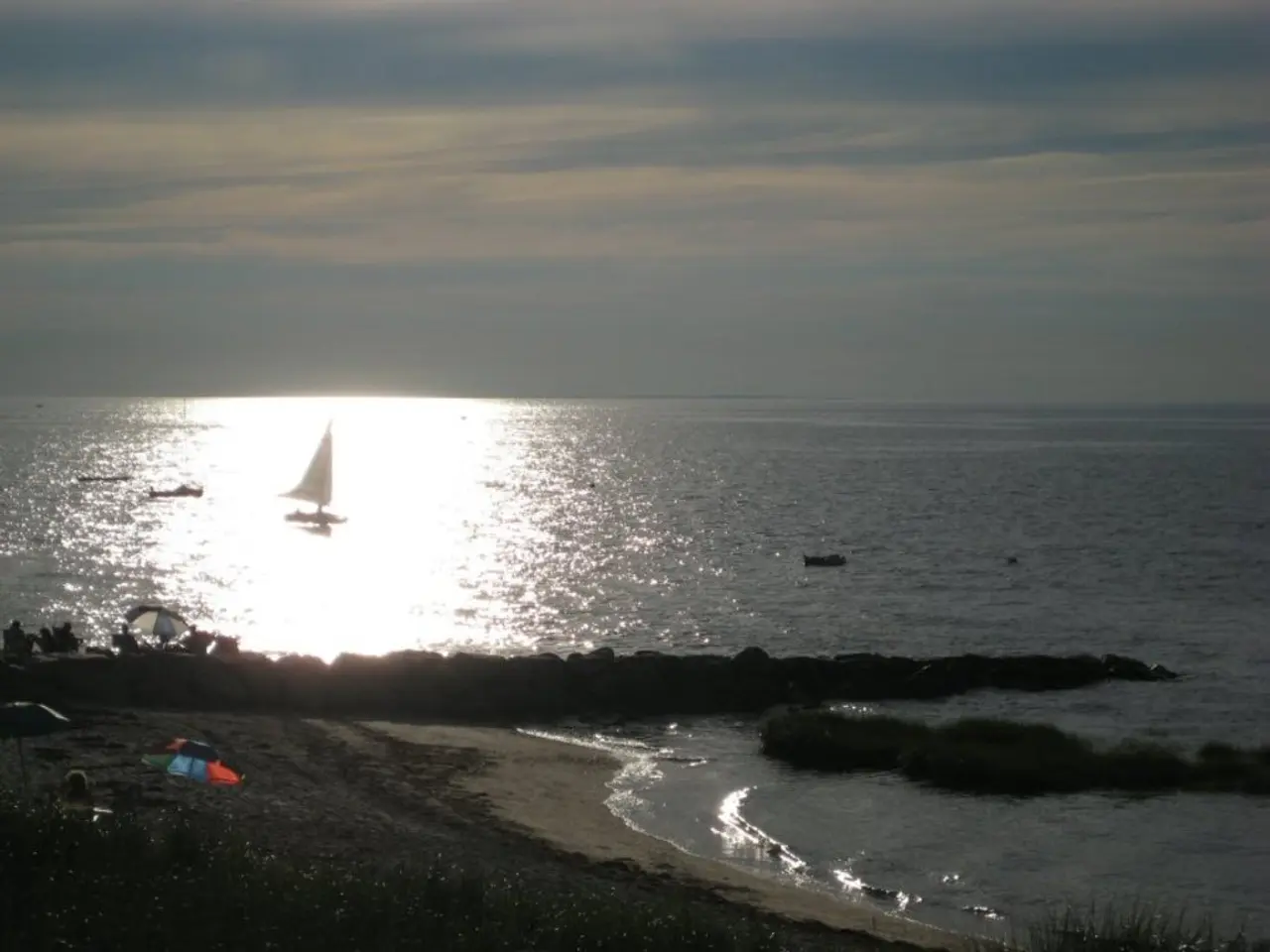Protecting the Seas for Terrrestrial Survival
Introduction
Nusa Lembongan, a picturesque island off the coast of Bali, is renowned for its pristine beaches and vibrant marine life. However, there's another aspect of this island that deserves attention - its seaweed farming industry. This industry, a vital source of income for the local community, plays a significant role in supporting families, preserving the planet, and even combating climate change.
History of Seaweed Farming
Seaweed farming in Nusa Lembongan can be traced back to the 1980s when a businessman from Surabaya introduced the technique to the area, specifically in Jungut Batu. This marked the beginning of a significant industry that would become a crucial economic pillar for the local community. Initially, seaweed farming was the primary source of income before tourism began to dominate the islands.
Current Practices
The farms in Nusa Lembongan cultivate red seaweed species, such as yukuma and capaficus, which are used to produce carrageenan, an ingredient found in cosmetics, food, and medicine. The farms are located in shallow waters, making them accessible for viewing from the iconic yellow bridge or by exploring them by kayak during low tide. Despite the growth of tourism, seaweed farming remains an important source of income for many families.
Impact on Climate Change
Climate change poses a significant threat to seaweed farming in Nusa Lembongan. Rising sea temperatures and increased pollution can impact the health and productivity of seaweed crops. Additionally, the expansion of tourism has led to increased pollution and habitat destruction, further threatening this traditional practice. Efforts to support sustainable seaweed farming practices can help mitigate these impacts and preserve the cultural heritage of the community.
Sustainability and Waste Management
The seaweed farming practices in Nusa Lembongan are committed to sustainability. The industry encourages farmers to maintain beach and foreshore cleanliness, ensuring a clean and healthy environment for the seaweed farms. The waste generated from seaweed cultivation can be used as fertilizers for land-based agriculture, further promoting sustainable practices.
Climate Change Mitigation
One of the most significant benefits of seaweed farming is its ability to absorb significant amounts of carbon dioxide, aiding in mitigating climate change. This makes seaweed farming an environmentally friendly industry that not only supports the local community but also contributes to the global fight against climate change.
Challenges and Future Prospects
Farmers on Nusa Lembongan work hard in harsh conditions, often laboring through the night or under extreme heat. Despite these challenges, the seaweed farming industry continues to thrive. With the right support and sustainable practices, seaweed farming on Nusa Lembongan can continue to be a vital source of income for the local community and a valuable tool in the fight against climate change.
Photographer's Perspective
Photographer Rachele Daminelli documents the seaweed farmers of Nusa Lembongan in Indonesia, capturing the hard work, resilience, and culture of this traditional practice. Her work provides a unique insight into the lives of these farmers and the importance of their work.
[1] Pratiwi, S. (2019). Nusa Lembongan: A seaweed farming community in Indonesia. The Conversation. Retrieved from https://theconversation.com/nusa-lembongan-a-seaweed-farming-community-in-indonesia-115984 [4] Wijaya, A. (2019). Climate change threatens Indonesia's seaweed farming industry. CGTN. Retrieved from https://news.cgtn.com/news/2019-09-10/Climate-change-threatens-Indonesia-s-seaweed-farming-industry-1Wg39v1TvX/index.html
- The vibrant magazine article on Nusa Lembongan, entitled "Nusa Lembongan: A seaweed farming community in Indonesia," published by The Conversation, sheds light on the importance of the seaweed industry within the local culture and environmental-science aspects.
- The community-driven art piece, titled "Resilience: The Seaweed Farmers of Nusa Lembongan," showcases the photographs by Rachele Daminelli, offering a compelling exploration of the lifestyle and sustainable-living practices within the seaweed farming community.
- In the realm of home-and-garden magazines, a feature focusing on Nusa Lembongan's innovative waste management strategies could highlight how seaweed farming practices contribute to a greener and more eco-friendly environment, fostering discussions on the significance of environmental-science and sustainable living.
- The climate and science magazine article, "The Role of Seaweed in Mitigating Climate Change," can delve deep into the carbon dioxide absorption properties of seaweed, explaining its potential in the ongoing battle against climate-change and its relevance to our global community.
- A community yearbook, "Seaweed Farming: Tradition and Innovation on Nusa Lembongan," can document the history of seaweed farming on the island and its impact on the local climate-change mitigation efforts, serving as a testament to the resilience and culture of the Nusa Lembongan community.




